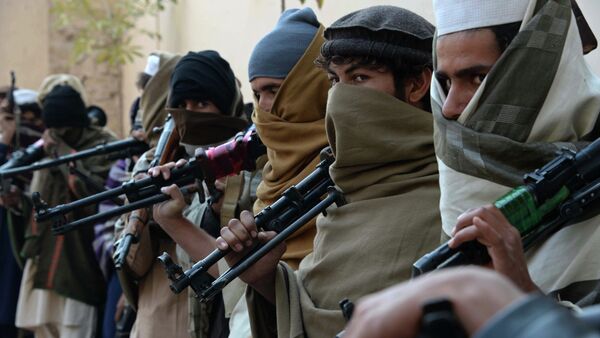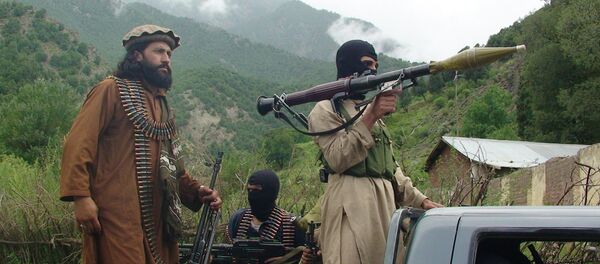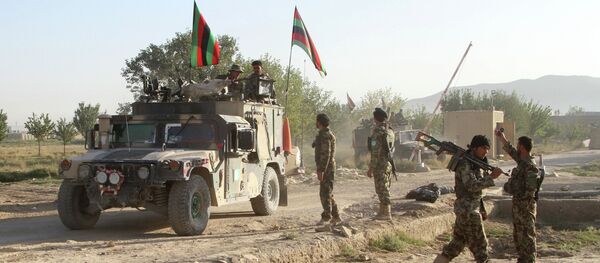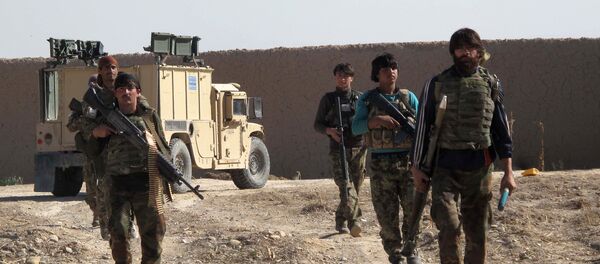UNITED NATIONS (Sputnik) – The Taliban and Daesh (Islamic State), prohibited in many countries including the United States and Russia, are in direct competition and conflicting with one another in Afghanistan, UN Secretary-General Special Representative Nicholas Haysom said.
“A short conflict has emerged between Taliban and ISIL. And over the last month or two, we’ve seen the consequences of this in Herat, in Zabul and in Nangakhar. In Nangakhar — most intensively. I’m trying not to exaggerate, but I’m trying not to underestimate. We don’t know fully the threat that they pose, it’s limited at the moment but it may grow in time,” Haysom, who is also the head of the UN Assistance Mission in Afghanistan, told RIA Novosti in an interview.
He said the Taliban and Daesh differ in their goals and have incompatible world outlooks.
“What we have noted is that rather than Taliban and ISIL collaborating, they seem to be in direct competition. That could of course change, but that is the position at the moment. And I think this relates to the fact that they have incompatible positions. On the one hand, the one is primarily a nationalist…it’s a caliphate in Afghanistan, whereas the other has a global jihadist agenda,” Haysom said.
The situation in Afghanistan has significantly worsened in the last couple of months, with the Taliban and other extremist organizations, including the notorious Daesh group, taking advantage of instability in the country and launching offensive against the country’s big cities.
Daesh has seized large areas in Syria and Iraq, and declared a caliphate there under the rule of Sharia law.
Formed in the 1990s, the Taliban seeks to enforce Sharia law in Afghanistan and Pakistan. The group is known for numerous terrorist attacks against authorities and civilians in both countries.
Daesh Threat in Afghanistan Insignificant, Presence Relatively Limited
He said that reports that Daesh is widespread in Afghanistan are exaggerated and that Daesh has nowhere near the presence seen in Syria.
“And in my view, I’ve seen reports that they are widely spread, I think they are exaggerated and scaremongering. And I rely on a variety of signs, which I think are scientific to indicate that ISIL is present in over 20 provinces… there are probably, three provinces, where in some parts has been an indication of Syria’s ISIL presence,” Haysom said.
Daesh, primarily operating in Syria and Iraq, is seeking to branch out to other regions. It is notorious for its numerous atrocities, including the November deadly attacks in Paris, killing 130 people, and the October downing of a Russian passenger plane in Egypt that had 224 people on board.
“Afghanistan will continue to need the support of the international community and even if the Taliban were a part of the government, it too would need the international support and the only way it’s going be able to achieve that is legitimation by being part of an internationally recognized peace process. We would hope the logic of the situation would be understood by the Taliban,” Haysom added.
“An important condition for a peace process is that both sides realize there is no military solution. And, perhaps, at the moment it’s important to impress upon Taliban that there is no military solution,” Haysom said.







